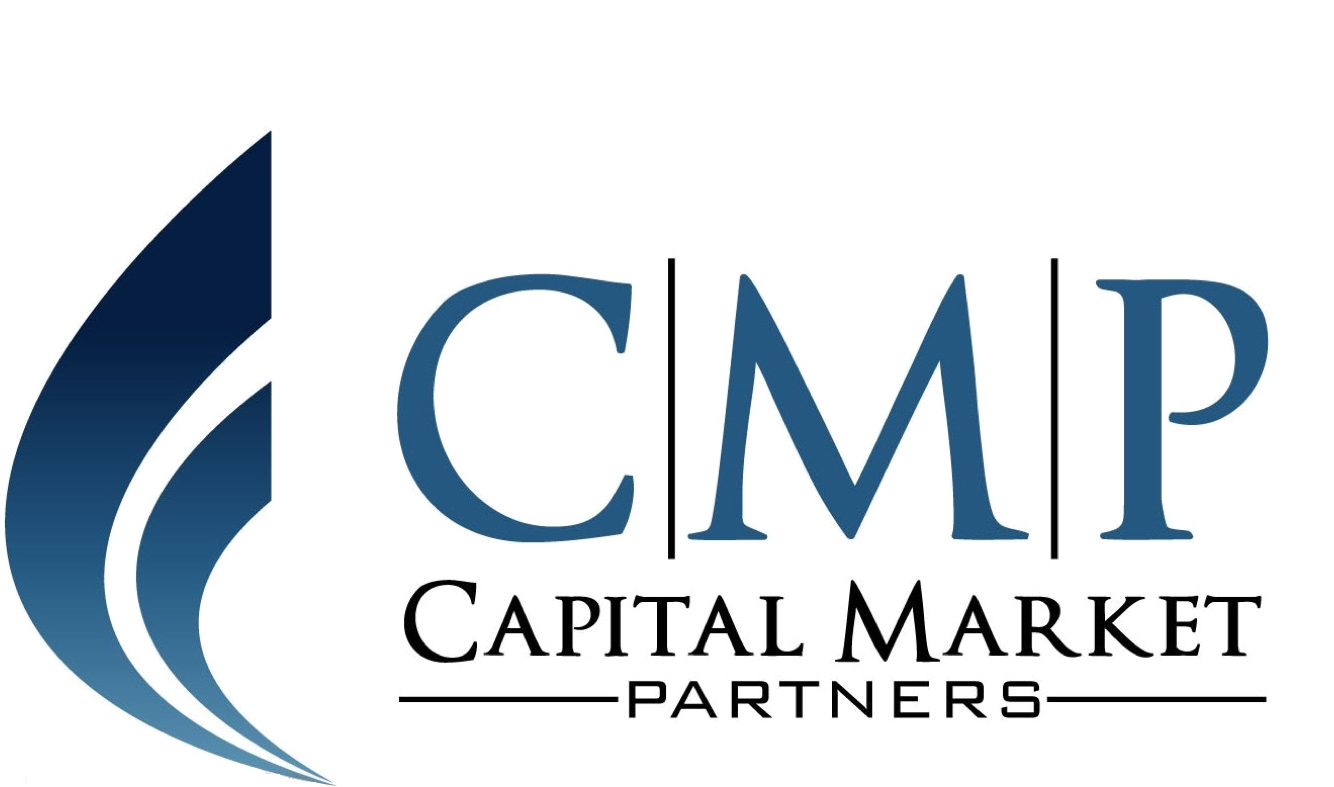The fundamentals of optimizing the accounting reporting process for financial institutions
Financial reporting is a highly complicated process where precise and timely reporting is pivotal. However, for some institutions the process doesn’t seem to be ideal. There can be several reasons to explain this but the inadequate procedures can often be attributed to a lack of human capital. Through this article we explain what preconditions to look for and where they should be situated in the organization in order to optimize the reporting processes.
By Thomas Skou, Partner | January 29th, 2016
For a rather long period of time, everyone in the financial industry have had focus on the never ending flow of new regulation requirements such as MIFID, EMIR, COREP, Basel, Solvency, IFRS, MFI, etc. The frustration is high among the market participants as it is hard to see what value these requirements are adding – besides increasing the costs for the financial institutions and the revenue in the consulting industry.
SEE ALSO: Is Mifid II becoming yet another never ending story?
It is an open question whether the regulatory initiatives add value or not. However, one could argue that it is uninteresting since the requirements must be met no matter what. What is interesting, though, is that it seems that for many of the market participants it has diverted the attention and maybe also the awareness from identifying actions that verifiably can add value to their own administrative infrastructure.
Time is money
In recent years there has been more focus on how the administrative infrastructure has been able to ensure a license to operate instead of focus on how to support the business by activities that can create tangible values. One of the areas of the administrative infrastructure where that has occurred is the accounting area.
For those who have experience with the creation of the financial report for a bank, insurance company, pension fund or an asset manager know that’s not a trivial process. It’s a complex process where correct and timely reporting is essential. Monthly, quarterly or yearly whatever type of end of month it’s still complicated and still essential that the reporting is correct and timely.
What isn’t complicated is that as long as a bank, pension fund, insurance company or asset manager has an ongoing business they must repeat the process and reporting every month year in and year out. It is therefore valuable that this process is executed at the lowest cost and in the shortest time of delivery – still under account of a stable delivery in terms of a correctly and timely reporting.
The lack of human capital
For several financial institutions that just doesn’t seems to be the case. For some it is changing over time – meaning that for several years they can have an optimal process but then for a short period the reporting isn’t in the needed quality or right on time. For others, the process has always been costly and time consuming.
The cause of that problem is quite often what we call ‘the classic lack of human capital’. That means that a key fundamental precondition in the reporting process is either not present or without the necessary amount of quality.
The fundamental preconditions are in general terms the main factors which support the data collecting, data processing and data reporting. Besides IT systems and organisational processes, we find that the key precondition is human capital in terms of professional knowledge and interpersonal skills.
In case of ‘the classic lack of human capital’ the main challenge is to have the human capital right in a constant and sufficient balance between the two elements – professional knowledge and interpersonal skills. That balance can often explain why there has been a positive or negative change in the accounting process stage of development.
The question is of course in what proportions the two elements should be present. And the answer is: that is a good question! But based on observations and experience, we have some indications on what is essential to succeed. We have found three characteristics which are often present in those financial institutions that succeed with a positive change of the accounting process.
Knowledge, skills and where to put it
The first characteristic is the approach on where to place the professional knowledge in the accounting process. It seems that a concentration of the knowledge in the accounting area is more successful than to scatter the knowledge over the entire process and beyond various organizational units. It seems valuable that the accounting area has the ownership and full control over the whole process.
The second characteristic is that the professional knowledge in the accounting area is more than ‘just’ hard-core accounting knowledge such as basic bookkeeping principles, accounting principles & methods for financial instruments, regulation requirements, etc. Professional knowledge is also about knowledge and experience on how the supporting IT systems works and how they are interfaced to each other as well at it is overview and understanding of the entire dataflow and working flows across the functional areas from Front to Back Office, control and reconciliation of data, understanding how to decompose profit and loss of financial instruments and so forth. The presence of these elements of knowledge is essential; but just as essential is the ability to use the elements in combination with each other.
The third characteristic is the interpersonal skills, which is the ability to cater and communicate with the stakeholders involved in the entire process. The interpersonal skills are pivotal in order to understand each other’s different professional competencies, competence level as well as personalities and based on that being able to adjust the communication of complex issues in an understandable way.
The description may seem simplistic and as common sense. But the exercise is difficult to implement!
It is our belief that if you as an organization can bring and retain these key knowledge elements you will have the foundation to execute your accounting process at lowest cost and in shortest time of delivery. We have seen it happen!


